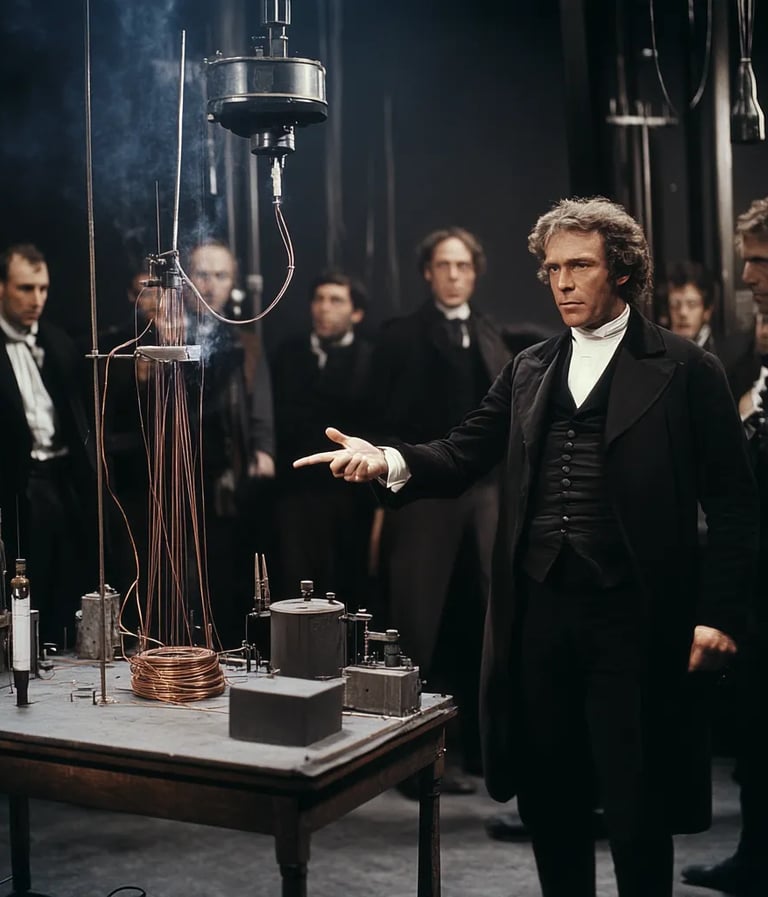Japan minted copper coins for the first time on August 10, 708, marking a significant moment in the country's economic history. Known as "Wadōkaichin," these coins were inspired by Chinese currency and played a vital role in establishing a standardized monetary system, enhancing trade, and contributing to Japan's economic development.


708 – First Copper Coins Minted in Japan

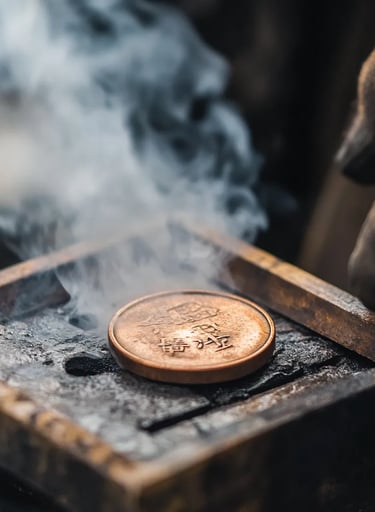


The Battle of Mohács was a decisive conflict in which the Kingdom of Hungary was defeated by the Ottoman Empire, led by Suleiman the Magnificent. The defeat marked the collapse of medieval Hungary, leading to Ottoman rule over much of the territory and dramatically shifting the balance of power in Central Europe.
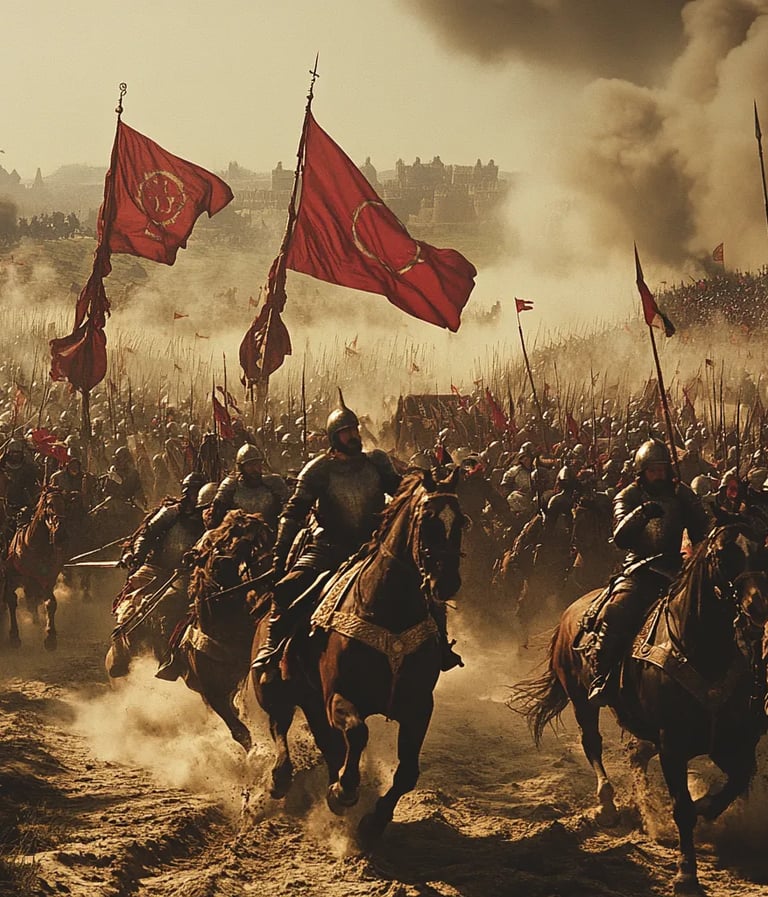

1526 – Battle of Mohács: Hungary Conquered by the Ottoman Empire




Adriaen Pieck and Gerrit de Ferry patented the wooden firespout in Amsterdam, a device designed to improve firefighting techniques. This invention played a key role in advancing fire safety in densely populated cities like Amsterdam, where wooden buildings were highly susceptible to devastating fires, helping to reduce urban fire risks.
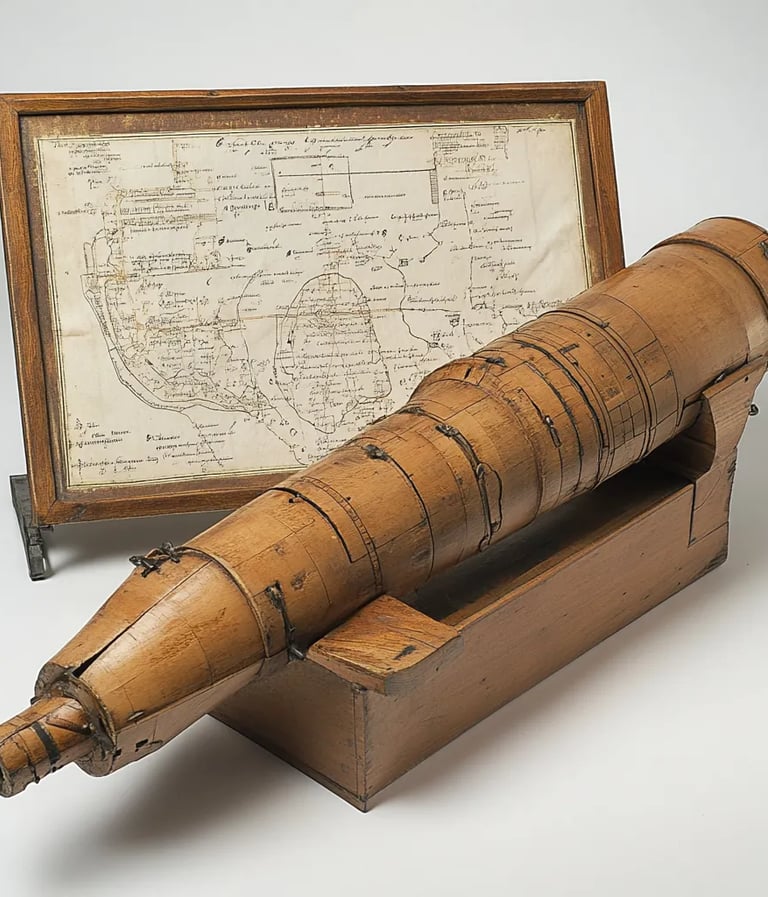

1664 – Wooden Firespout Patented in Amsterdam




Portugal officially recognized the independence of its former colony Brazil in 1825, ending a period of political tension following Brazil’s declaration of independence in 1822. This recognition solidified Brazil's status as an independent nation, leading to diplomatic and economic relations between the two countries, and enabling Brazil's further development.
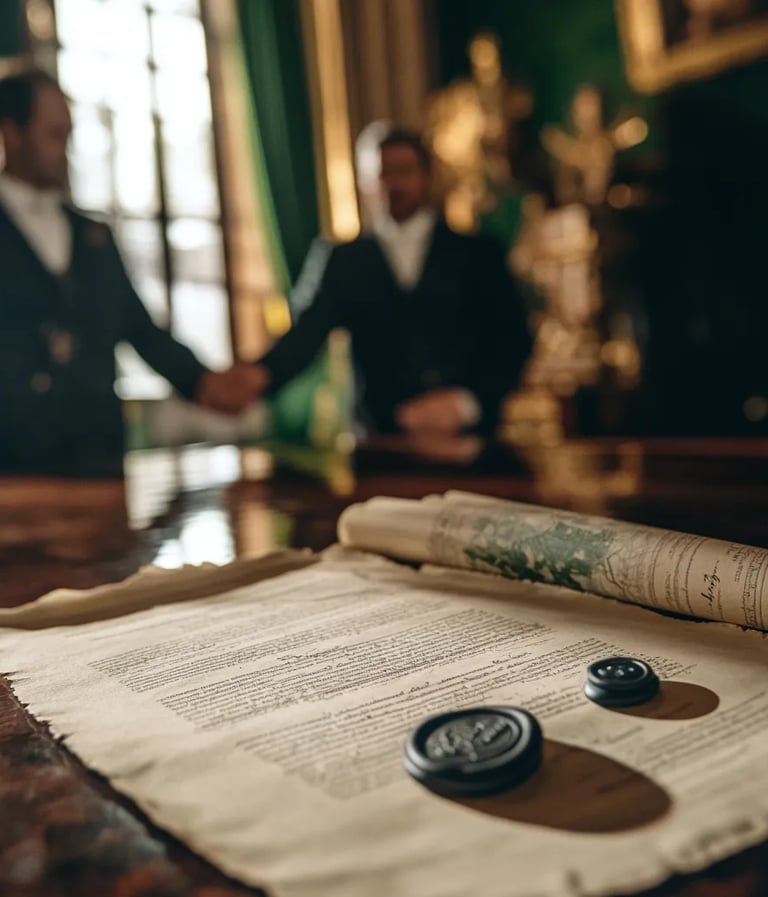

1825 – Portugal Recognizes Brazil’s Independence
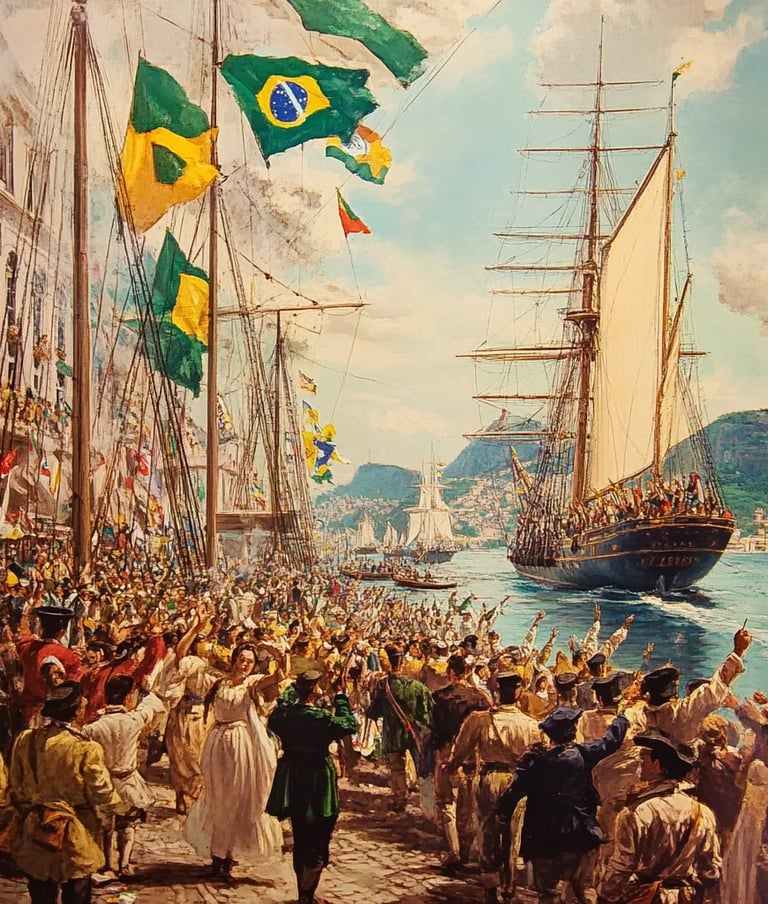



Michael Faraday demonstrated the first electric transformer, showcasing the principle of electromagnetic induction. His experiment, which involved generating an electric current by moving a magnet through a coil of wire, laid the foundation for modern electrical technology, including transformers and electric power systems, profoundly influencing the future of electricity generation and distribution.
